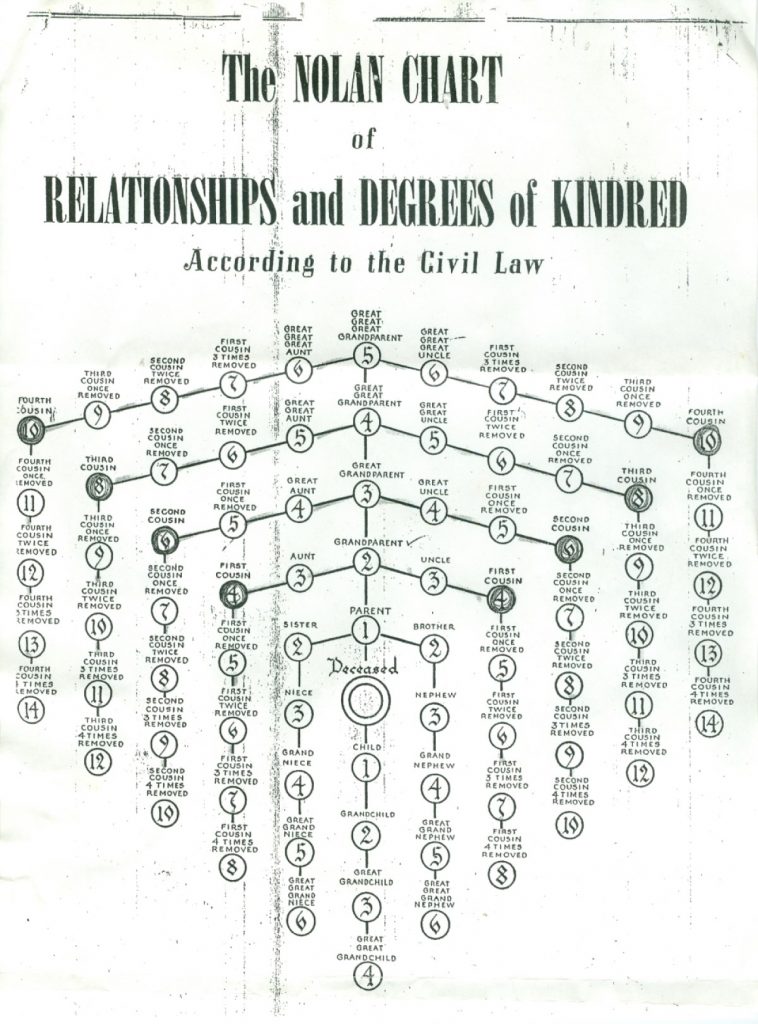Supported Decision Making is a new concept gaining favor in the community of people working to better the lives of people with disabilities. Maryland recently enacted legislation authorizing individuals to use Supported Decision Making.
Supported Decision Making typically would involve a person with limited personal capacity agreeing and communicating to other parties that such person wishes to have another trusted individual involved with communications with third parties such as banks, medical care providers, and so on, and that such person wishes to obtain the trusted individual’s input and guidance. Nevertheless, the person with limited capacity retains the right to make all her decisions.
Supported Decision Making often is implemented by means of a Supported Decision Making agreement or other legal document memorializing the relationship between individuals that could be presented to third parties for the purpose of enabling the trusted person to be involved with communications between the third party and the person of limited capacity. Such document serves the purpose of notifying third parties of the trusted person’s advisory role and can be used to open doors to enable the trusted person to participate in conferences which usually are attended only by the person of limited capacity and the third party.
A power of attorney, unlike the supported decision making agreement, establishes a legal relationship recognized under state law in which the person of limited capacity empowers the trusted individual to act in her place, as her agent. An agent under power of attorney (i.e. the trusted person) always is subsidiary and subservient to the principal (the person with limited capacity). With a power of attorney, the agent typically would be able to act alone even if the principal is not present or not personally involved in the interactions with the third party. Power of Attorney has been recognized by the Maryland law for a very long time.
A Supported Decision Making arrangement may be beneficial in some circumstances to provide a person with limited capacity a greater sense of autonomy and control while still enabling the trusted individual to be involved with her affairs and it could open doors to allow the trusted individual to be involved in situations in which privacy laws or other restrictions otherwise may keep the trusted individual on the sidelines. The person with limited capacity may desire to appoint the trusted person as her agent under power of attorney, as well, so that if the person with limited capacity became unable to manage her affairs, then the trusted person would have the authority to act on her behalf.
William M. Gatesman stands ready to assist clients who may have heard about Supported Decision Making and would like to learn more about it or who think that Supported Decision Making is a tool they may wish to employ in their estate planning.
The Maryland Judiciary has created a very fine video explaining the purpose and uses of Supported Decision Making. You may view that video by clicking here —-> https://mdcourts.gov/video/courthelp/supported-decision-making
